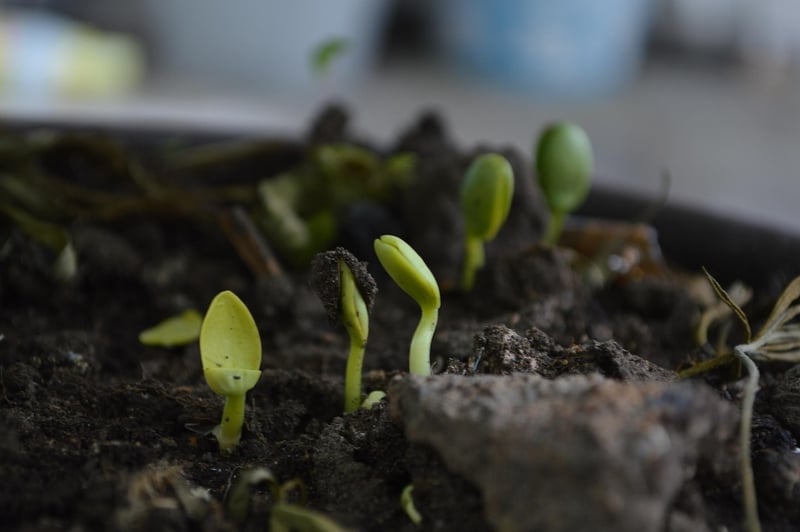Compost Bins
Strategies to Minimize Waste in Design
Design is a crucial aspect of our daily lives, from architecture and product design to graphic and web design. However, the design process can generate a significant amount of waste if not managed properly. Implementing strategies to minimize waste in design is not only environmentally responsible but also economically beneficial. Here are some effective ways to reduce waste in the design process:
1. Use Sustainable Materials
Opt for materials that are eco-friendly, recyclable, or made from recycled content. This helps reduce the environmental impact of your design projects and promotes a more sustainable approach to design.
2. Design for Durability
Create products or structures that are built to last. By focusing on durability and longevity, you can prevent frequent replacements and reduce the overall waste generated over time.
3. Embrace Minimalism
Simplify your designs by embracing minimalism. Reduce unnecessary elements and focus on essential features to create sleek, efficient, and waste-free designs.
4. Optimize Production Processes
Streamline your production processes to minimize material waste. By optimizing manufacturing techniques and reducing excess production, you can cut down on waste generation significantly.
5. Implement Recycling Programs
Set up recycling programs within your design practice to properly dispose of waste materials. Sort and recycle paper, plastics, metals, and other recyclable items to reduce landfill waste.
Compost Bins: A Sustainable Solution
Compost bins are an excellent way to manage organic waste efficiently. By composting food scraps, yard waste, and other biodegradable materials, you can reduce waste sent to landfills and create nutrient-rich compost for gardening and landscaping.
Types of Compost Bins:
- Tumbler Composter
- Bin Composter
- Vermicomposting Bin
- Pile Composting
Each type of compost bin offers unique benefits and suits different spaces and needs. Whether you have a small urban apartment or a spacious backyard, there is a composting solution for you.
Benefits of Composting:
- Reduces landfill waste
- Enriches soil with nutrients
- Reduces greenhouse gas emissions
- Promotes sustainable gardening practices
Composting is a simple yet impactful way to contribute to a greener, more sustainable future. By incorporating composting into your waste management routine, you can play a part in reducing environmental impact and fostering a healthier planet for future generations.

Embrace these strategies to minimize waste in design and consider integrating composting into your daily routine for a more sustainable lifestyle.
